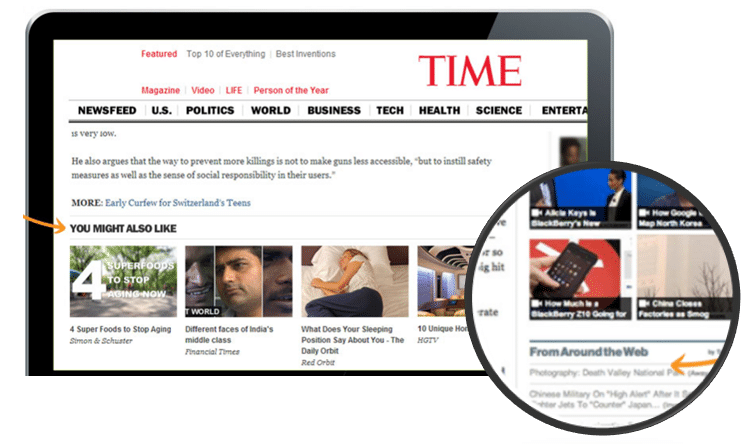A new study performed by Contently and the Tow-Knight Center for Entrepreneurial Journalism at the City University of New York found that most people (54%) have ‘felt deceived’ by native advertising. Native advertising can be very effective, of course, but this study may bring some significant concern to marketers. Even if it leads to an initial bump in sales, the fact that people feel deceived may leave a negative impression of them about the company in question. This could lead to longer term sales problems.
In the study, 77% of respondents reported that they did not interpret the native ads they read as advertising. This is even with the now mandatory disclaimers that are placed on the sites where they are published.
Another issue is that about 44% of respondents found that they were unable to identify what company was running the native ads. And on top of that, another 43% said that they lose trust in the publisher when they read this type of advertising from an ‘untrustworthy’ brand.
While native advertising is still a powerful option for many advertisers, this study certainly should give marketers pause. It is important to really look at not only how much traffic a native advertising campaign can generate, but also what the potential long term reputational impact may be.




